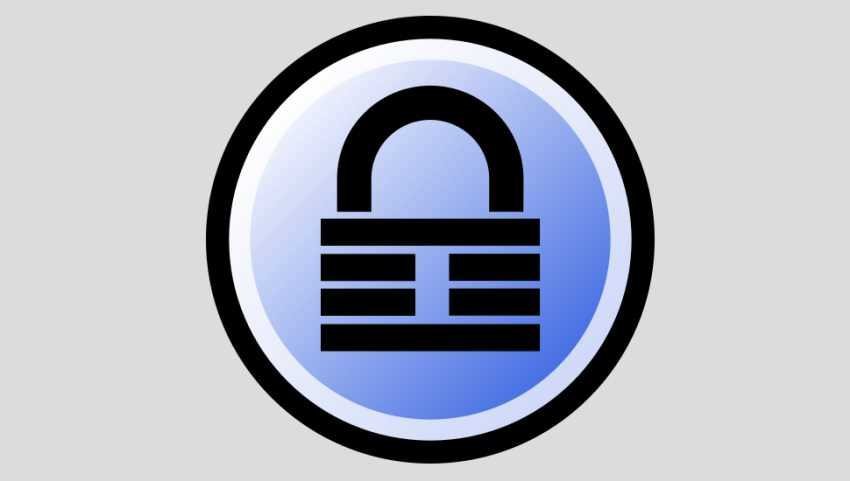The European Union has announced that it will pass the KeePass password manager and Apache Web Server source code from security controls.
Open source software audits began in December of 2014 when two members of the European Parliament proposed to control free software used by the EU institutions.
The European Parliament has allocated one million euros for a pilot project that would look at well-known names.
The open source software review list includes: Firefox, Apache Web Server, WinSCP, 7-Zip, Notepad ++, VLC Media Player, and Linux (or Linux components).
The two projects that received the most votes are KeePass Administrator and Apache Web Server.
Please note that from time to time we have suggested KeePass password manager as the most secure password-keeping application as your passwords are not sent to the cloud but are stored locally and adequately encrypted.
Apache is a widely used HTTP server on the Internet.
Although we enjoyed the KeePass application having taken 23,1% of the votes for free security review, it's a surprise that Apache was favored more than Linux or Firefox.
Below is the top ten in the list:
KeePass password manager (23,1%)
Apache Web Server (18,7%)
VLC media Player (8,8%)
Linux (8.6%)
MySQL (4,3%)
7-Zip (4,2%)
Git client (4,1%)
Tomcat (2,6%)
BouncyCastle (2,6%)
Drupal (2,2%)
Please note that the code-based EU-FOSSA team is planning to work closely with the developers of the two selected open source solutions.
Its objective EU-FOSSA is to guide the EU institutions and make sure that widely used key open source components are reliable.





